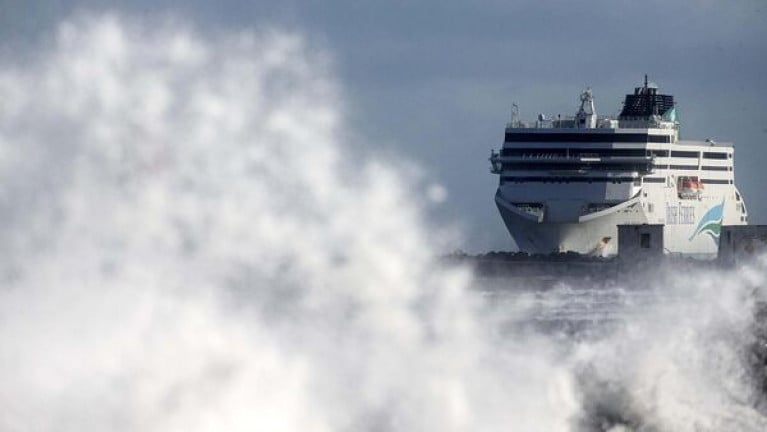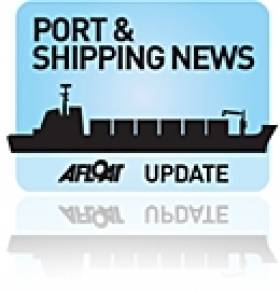Displaying items by tag: Livestockships
Ferry Companies Cancel Calf Shipments to France this Week
Two ferry companies sailing from Ireland to Cherbourg, France, have confirmed they will not bring livestock lorries on sailings scheduled for this week.
Both Irish Ferries and Stena Line have confirmed to Agriland.ie that they will not carry livestock for health and safety reasons due to Storm Dudley and Storm Eunice.
One ferry company representative said that the Cherbourg sailing (Thurs, 17 Feb) has been cancelled, adding that the weekend sailing “definitely wont be taking livestock” and may be “cancelled altogether” due to the storms.
These developments will put further pressure on traders selling calves to mainland Europe as it delays the supply of calves by a week.
More here on this story.
Detained Livestock-Carrier Released from UK Authorities
#Cattleships – The detention of the Ireland-Libyan serving livestock-carrier which has been in Fowey since February has been lifted by UK authorities, writes Jehan Ashmore.
Commenting to Afloat.ie, a spokesman for the Maritime and Coastguard Agency said: "We inspected the Express 1 on 21 March at Fowey and lifted the detention as the operator had made the required safety improvements."
As previously reported the 7,087 tonnes vessel was expected to depart the port last week. Last Friday the livestock-carrier departed the port and was understood to be returning to Germany, from where she set off on her voyage in February.
It was during stormy seas in the English Channel, that led to an engine failure and call for assistance by a tug to Fowey. She was subsequently detained at the Cornish port by the MCA which carried out an inspection of the vessel following 'post-repair' sea trails.






























































